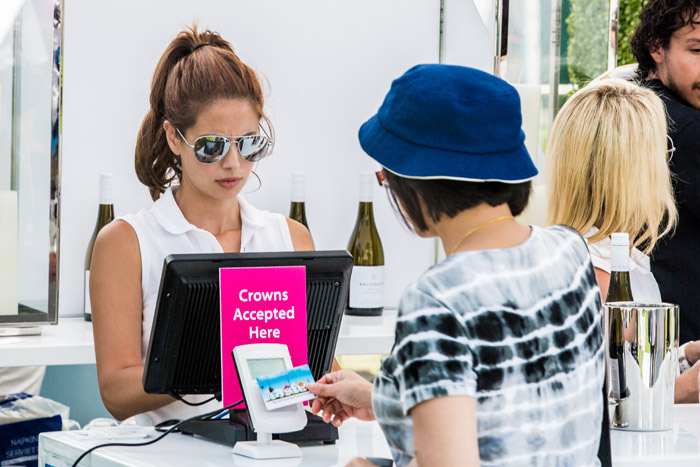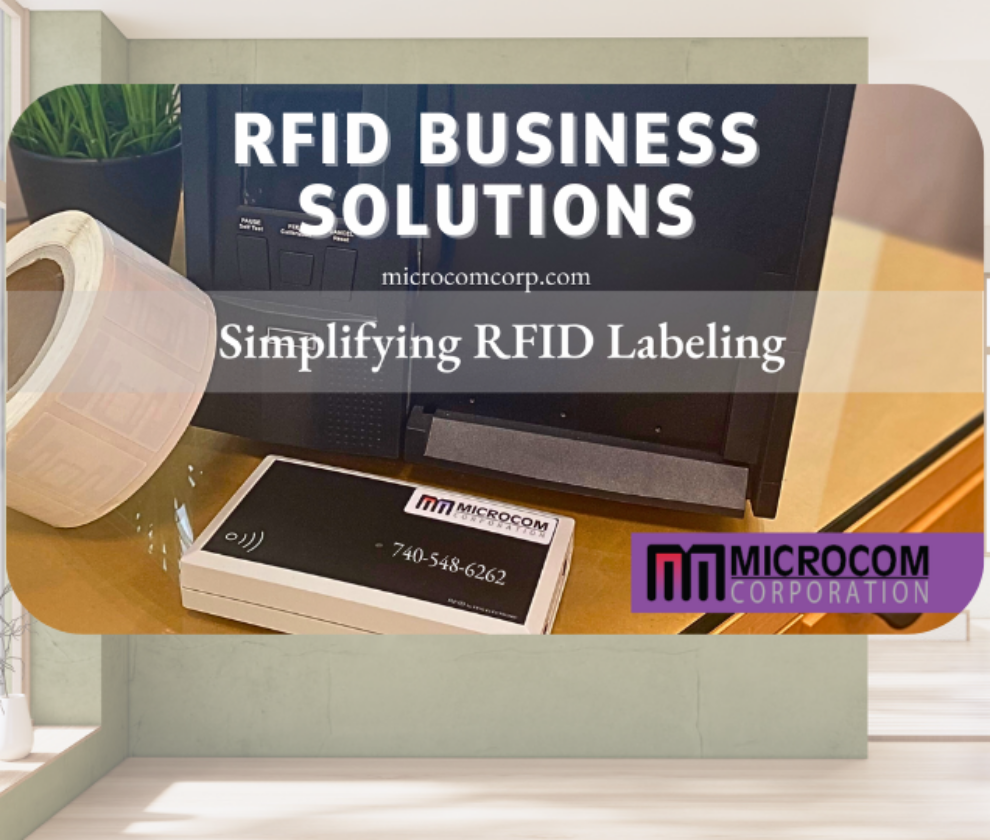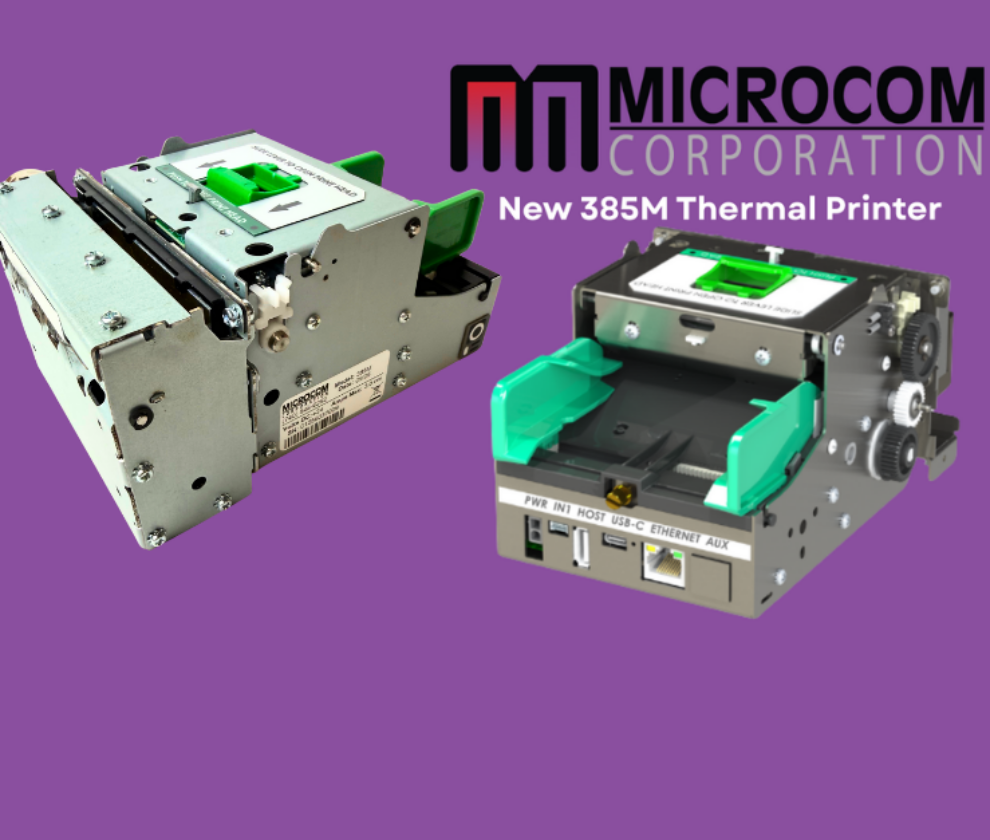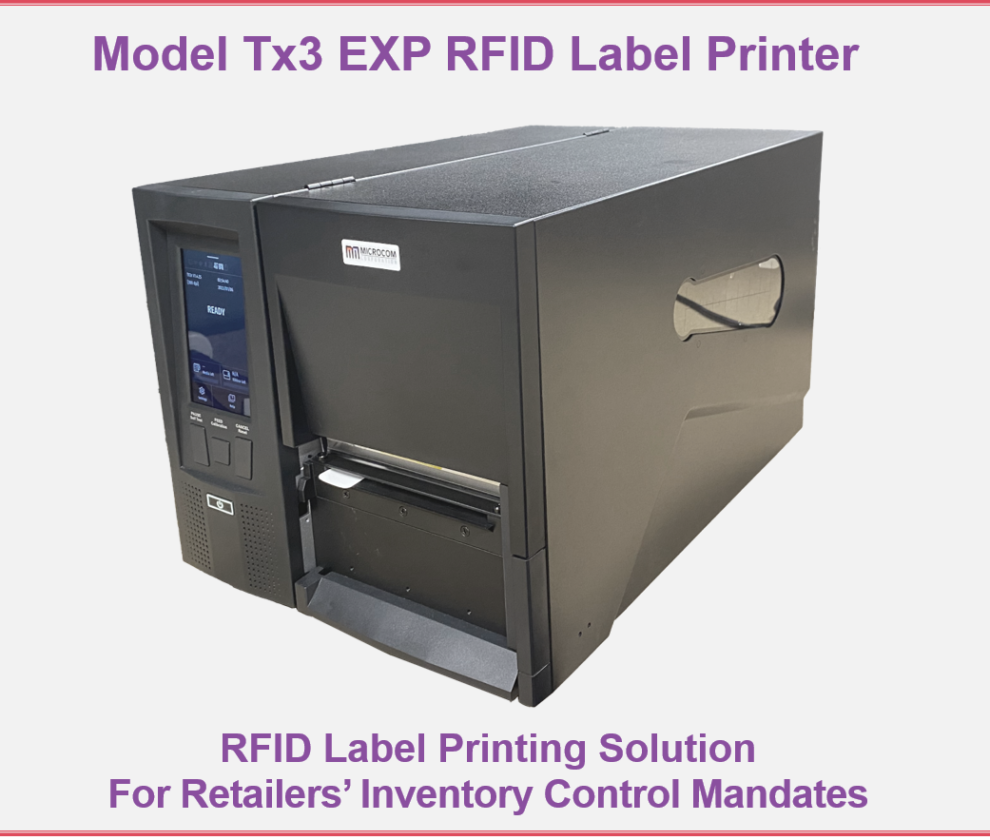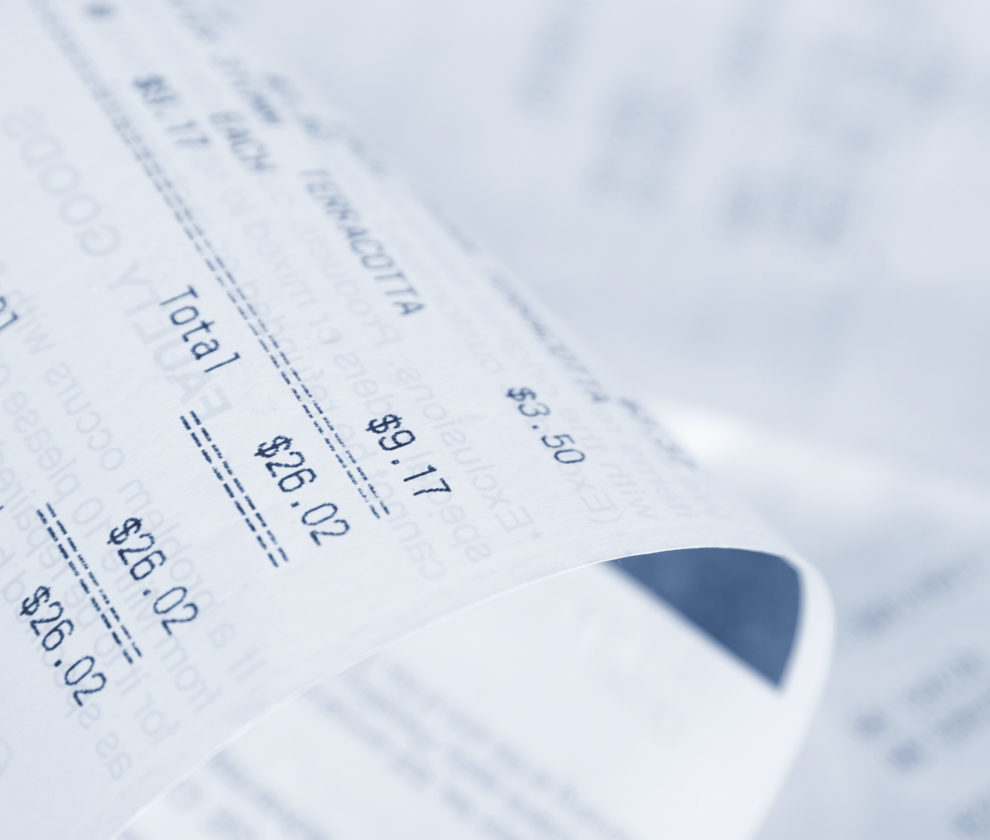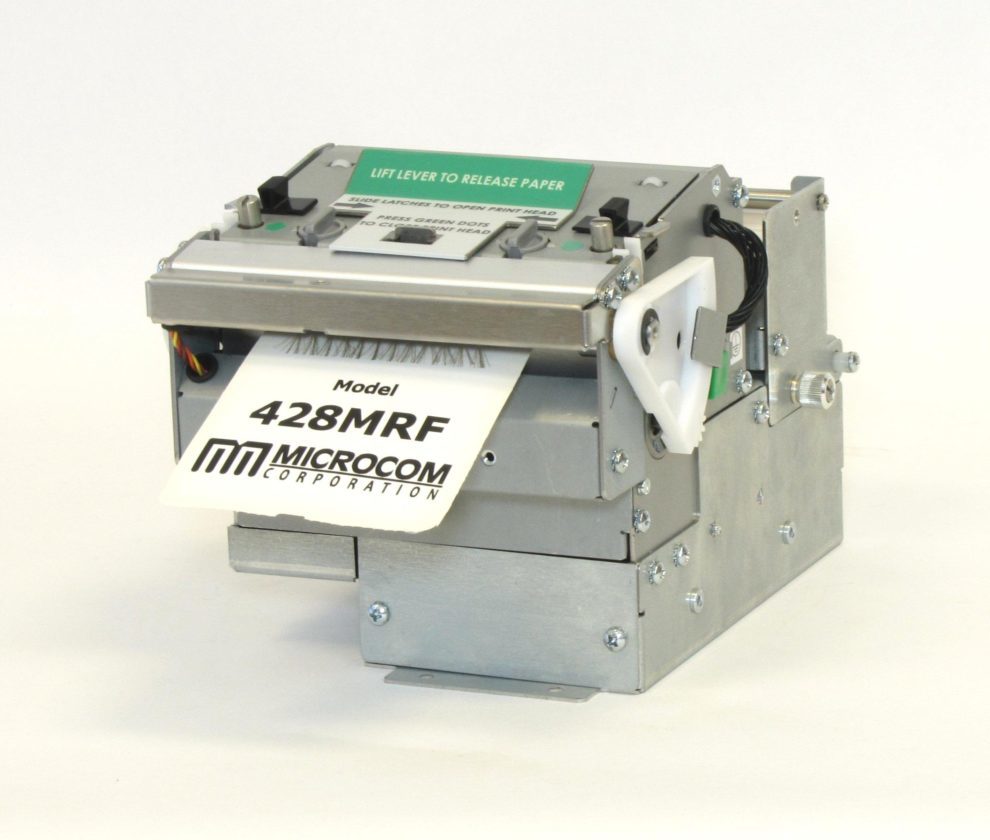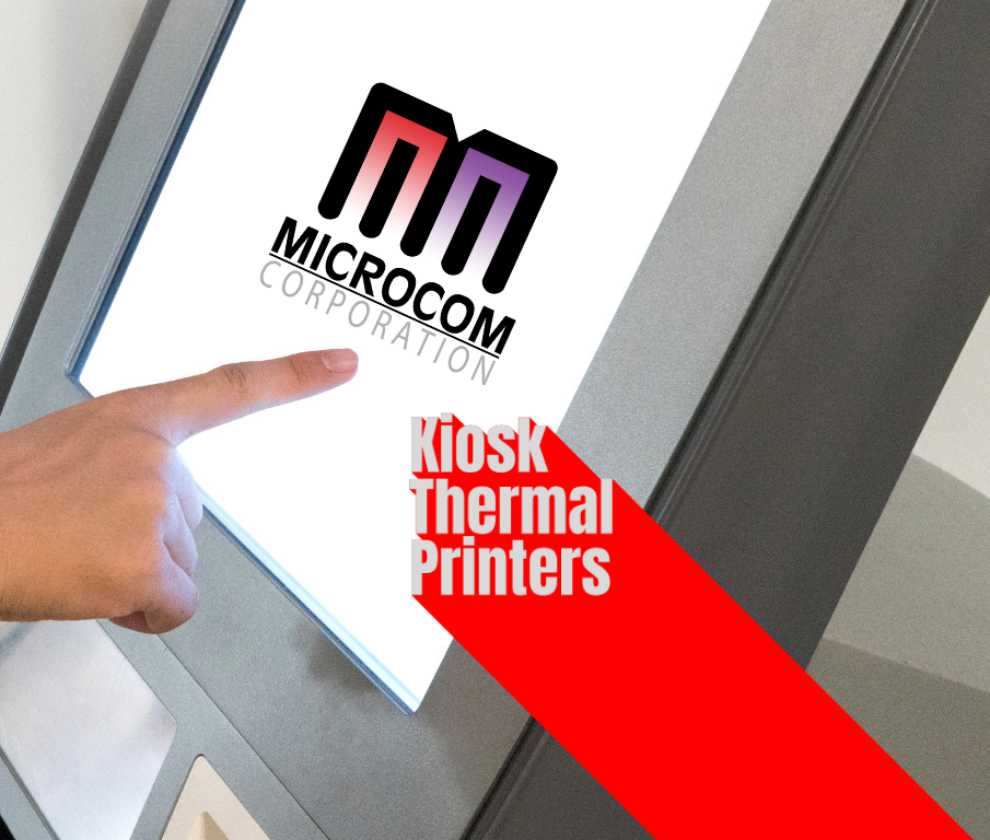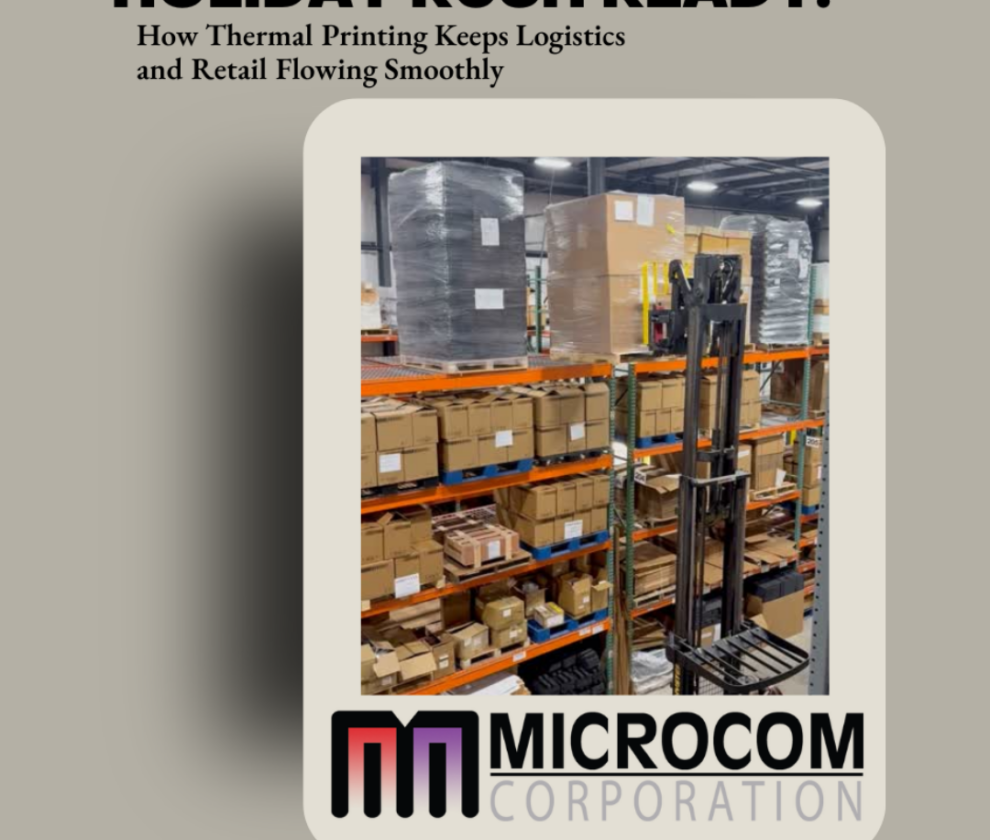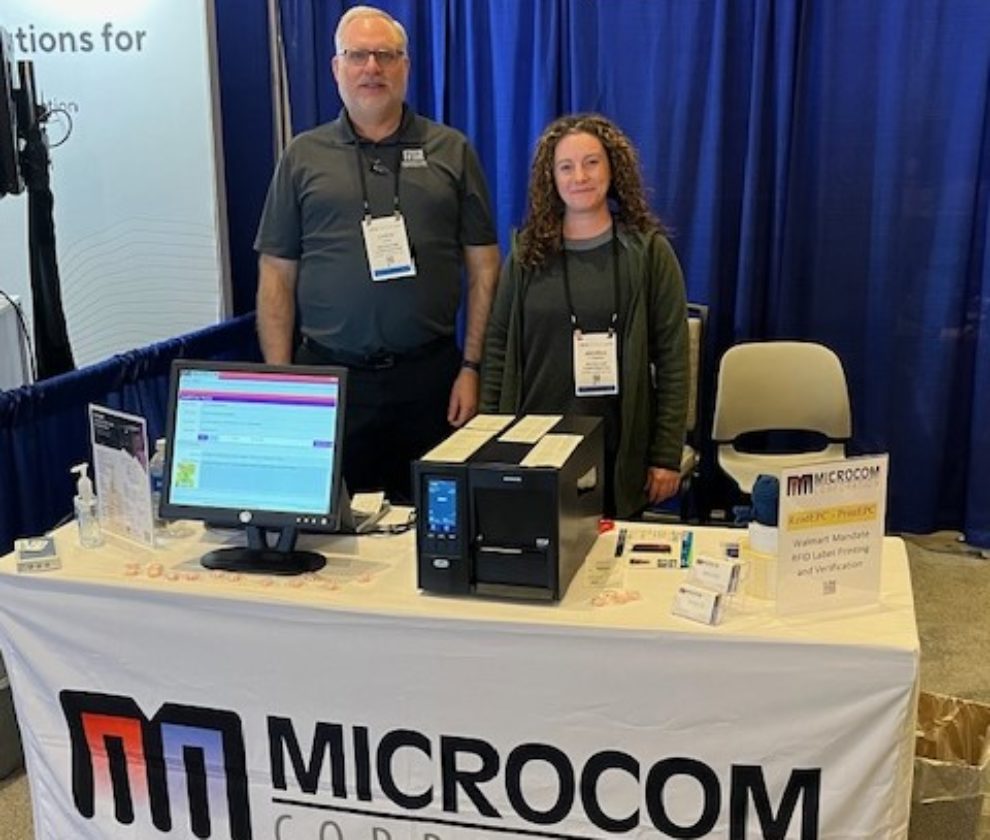What is RFID?
Radio-Frequency IDentification. Basically, an RFID transceiver sends a request for a tag to respond. If a tag is near, it will hit a tiny antenna and respond with an ID number. At that point that transceiver can ask for more info and re-write what’s on the tag. This data can be used for asset tracking, access control, payment, and more.
1. Increase Security: RFID allows for real-time access control. Venues can adjust security clearance on the fly and gain better visibility in secure areas. RFID also aids in reducing fraudulent tickets.
2. Data Collection: Use RFID to create an in-depth profile of your guests. Track access patterns, identity frequent visitors, associate visitors with specific interests or purchasing behaviors; there’s so many ways to learn more about your guest and turn it into new marketing opportunities.
3. Operational Efficiency: The combination of durable RFID tickets and ease of scanning means entry into a venue becomes faster. Also, with real-time access to guest locations, resources can be shifted to accommodate bottleneck areas.
4. Guest Experience: Guests also benefit from an RFID ticket. Entry into venues becomes quicker, so there’s less waiting and more enjoying the event. Automated vending becomes a trendy attraction (i.e. tap an RFID ticket with preloaded credits at an unattended beverage station). Guests can feel more confident in their ticket purchases when the ticket cannot be so easily duplicated because they’re RFID enabled. For importing data to the users’ phone, integration of apps or itinerary is a simple tap. RFID is a great tool to keep guests excited and wanting more.
